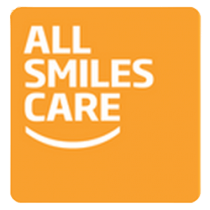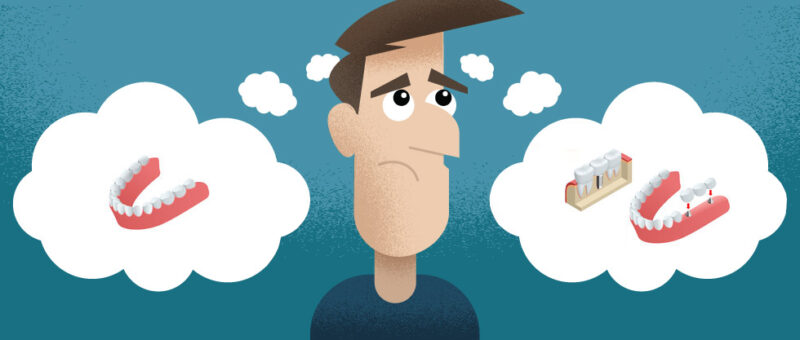Sustaining good dental health during pregnancy
 Good oral health during pregnancy includes eating a well-balanced diet with plenty of dairy products, leafy greens and fresh fruits. This also helps to establish the healthy growth of your infant’s teeth, which begin to develop during your first trimester.
Good oral health during pregnancy includes eating a well-balanced diet with plenty of dairy products, leafy greens and fresh fruits. This also helps to establish the healthy growth of your infant’s teeth, which begin to develop during your first trimester.
Avoid the temptation of sweets, as this might promote or aggravate gum inflammation and cavities during your pregnancy and beyond. Recent studies indicate that the bacteria causing your tooth decay may also be passed on to your child.
Be vigilant about maintaining healthy teeth and gums
Continue your regular routine of brushing twice per day using a soft-bristled toothbrush with fluoride toothpaste, and finish up each cleaning session with a good floss. Pay special attention along the gum lines to clear away plaque and food debris.
Drink plenty of water during your pregnancy, and rinse your mouth with water after snacking.
Watch out for pregnancy-related oral health problems
- Stomach acid is often higher during pregnancy. This can lead to the erosion of your protective tooth enamel and increase the risk of decay.
- Nausea is also a common experience for expectant mothers, and this further exacerbates problems of acidity in your mouth. Instead of brushing after vomiting, which is the natural inclination, it is actually better to rinse with either a fluoride mouthwash or one cup of water mixed with one teaspoon of baking soda, and then wait to brush for about 30 minutes.
- Progesterone and estrogen levels fluctuate during pregnancy, and these changes, which affect your ligaments and bones, might also cause your teeth to loosen.
- The naturally-occurring hormonal changes of pregnancy may lead to gingivitis, so, if you have any signs of this type of gum disease, including red, bleeding or tender gums, contact your dentist immediately. Research studies have linked gingivitis to low birthweight and premature births.
Maintain dental check-ups
Regular dental cleanings are perfectly safe while you are expecting. Not surprisingly, it also helps to ensure any pregnancy-related dental issues are resolved without delay.
Always remember to inform your dentist that you are pregnant before your appointment. This information helps them to provide the best dental care for you while simultaneously making sure you are not given any medications or treatment that would harm your developing child.
Learn more
If you have any questions about your pregnancy and your oral health, please feel free to ask.


